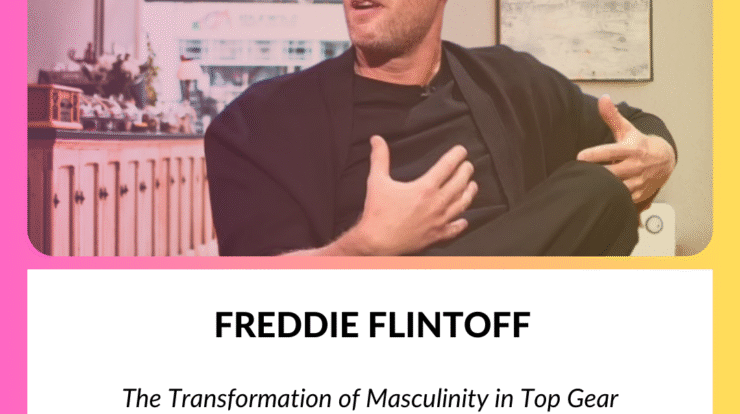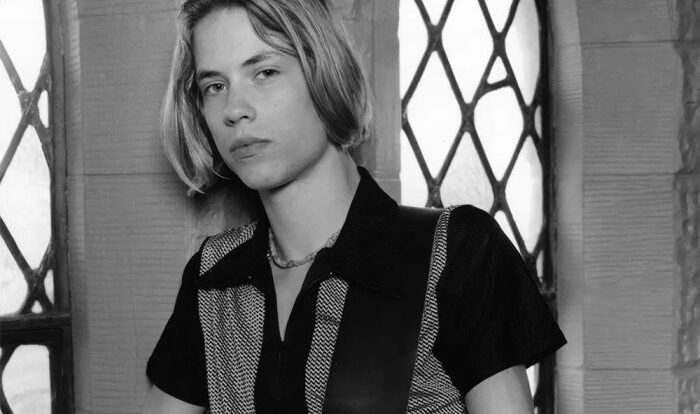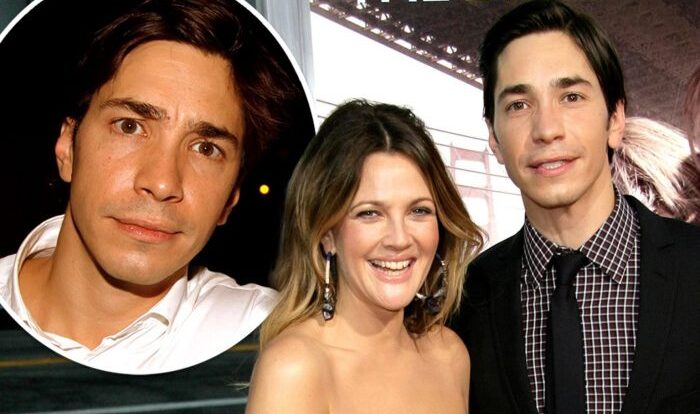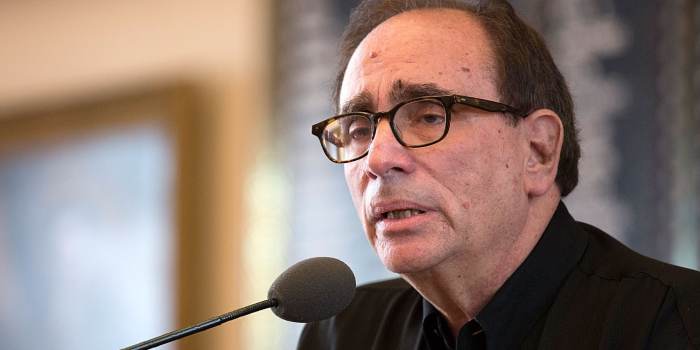
Andrew ‘Freddie’ Flintoff rose to fame through a combination of sporting brilliance, a charismatic personality and a strong presence in the media. His journey from a talented young cricketer in Lancashire to a national icon in England reflects the classic narrative of a modern sporting hero – characterised by triumph, struggle and self-transformation.
Flintoff was first recognised as a professional cricketer, representing England in Test and One Day International (ODI) formats. However, his name really took off in the 2005 Ashes series against Australia. In that series, Flintoff’s all-round performance-powerful batting, aggressive fast bowling, and fiery energy in the field-captured the imagination of the English public. His sportsmanship, such as when he consoled Brett Lee in a tense moment, made him more than just an athlete; he became a symbol of competitive integrity.

But Flintoff’s fame did not stop at the cricket arena. His expressive personality and earthy sense of humour led him into the world of media. After retiring from professional cricket, Flintoff became a television presenter and radio broadcaster, appearing on various entertainment shows, including Top Gear, where his charismatic energy appealed to a wider audience beyond mere sports fans.
What made his fame enduring was his courage in the face of vulnerability. He openly discussed his struggles with depression and alcoholism, and was involved in documentaries that addressed mental health and body image. Through it, he reshaped the traditional athlete image. He remains relevant not just because of his achievements, but because of his ability to turn personal experiences into public conversations, and thus break down the stigma surrounding masculinity and mental health.
In short, Freddie Flintoff rose to prominence not only because of his extraordinary abilities on the field, but also because of the way he used his platform of fame to shape a new narrative-a more humane, reflective, and meaningful narrative in the modern sports and media landscape.
When a Sports Icon Drives a New Narrative of Manliness
Freddie Flintoff’s role in the television series Top Gear marks a new phase in his rise to fame-a transformation from sports icon to popular culture figure. In this context, Top Gear is not just a platform for automotive entertainment; it mirrors how narratives of masculinity, humour and public performativity are negotiated in the contemporary media landscape. Flintoff’s presence on the show is not just about speed and adrenaline, but about how a former athlete navigates a new role as an entertainer, without losing the personal integrity and emotional depth that has become his trademark.
When Flintoff joined Top Gear in 2019 alongside Paddy McGuinness and Chris Harris, the show was in transition following the departure of the legendary trio of Jeremy Clarkson, Richard Hammond, and James May. Under the circumstances, Flintoff faced a dual challenge: filling a historical void in Top Gear’s legacy and proving that he was more than just an ‘ex-cricketer.’ He had to be part of a media ecosystem that demanded both authenticity and entertainment. And Flintoff succeeded. With his witty spontaneity, courage in the face of extreme challenges, and ability to interact with his colleagues naturally, he brought a new vibrancy to the show’s long-loved format.
But more than that, Flintoff’s presence on Top Gear reflects a paradigm shift about male figures in popular media. Whereas the previous era of Top Gear was often criticised for promoting a hyperbolic and sometimes toxic form of masculinity, Flintoff brought a more empathetic, humanistic touch. He doesn’t shy away from laughing at himself, admitting his fears, and in some episodes, talking about personal issues that touch on the psychological realm. In a world that often imposes a rigid machismo narrative, Flintoff’s presence offers a more vulnerable and reflective version of masculinity-without losing the entertainment element that is the soul of Top Gear.
As such, Flintoff’s involvement in Top Gear is not just a post-sports career. It is a new chapter in the shifting life narrative of a public figure, from athlete to media icon, from symbol of physical strength to symbol of emotional openness. Top Gear became a stage where Flintoff not only drove a high-speed car, but also drove the public’s perception of who he was-and by extension, who could be a ‘man’ in a society that was revisiting the boundaries of gender identity and the representation of masculinity in the public sphere.





